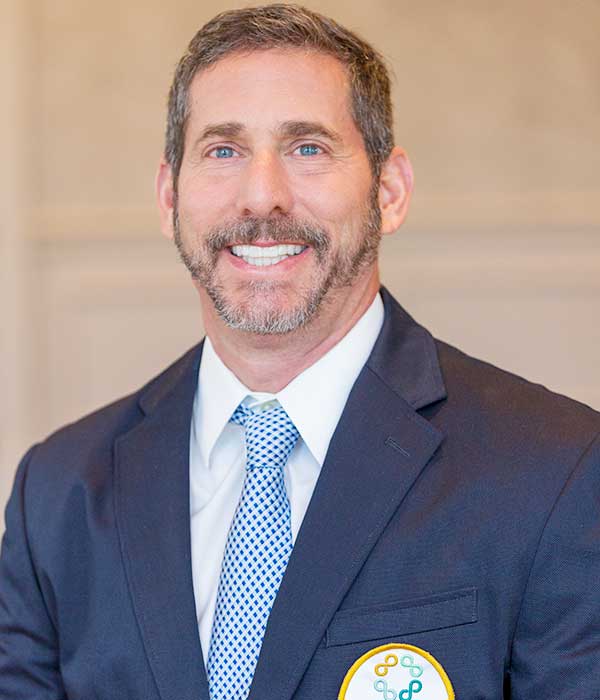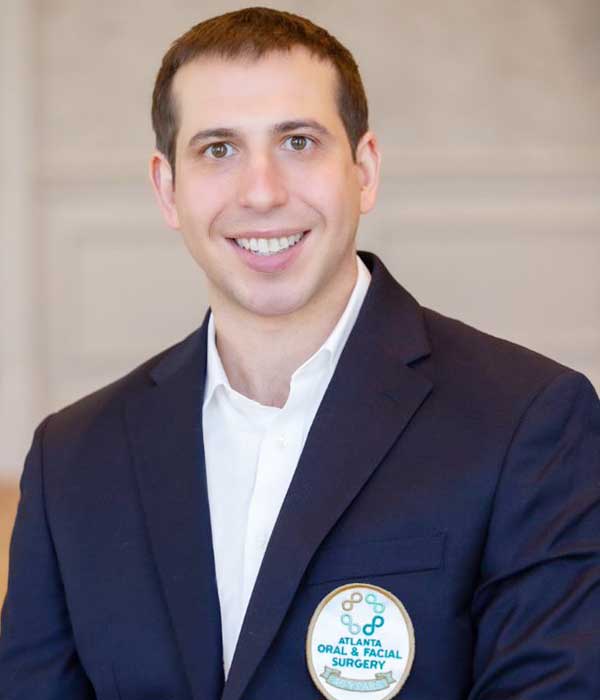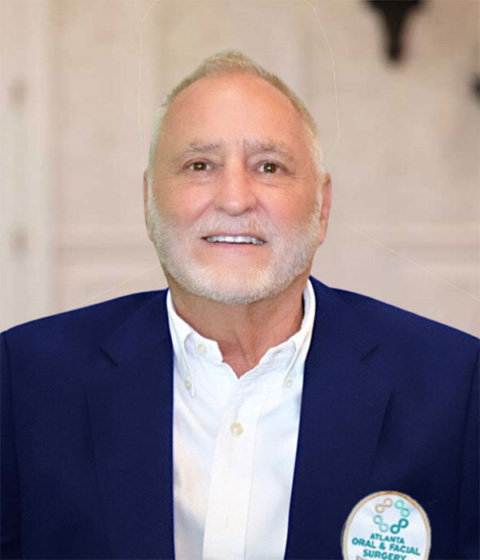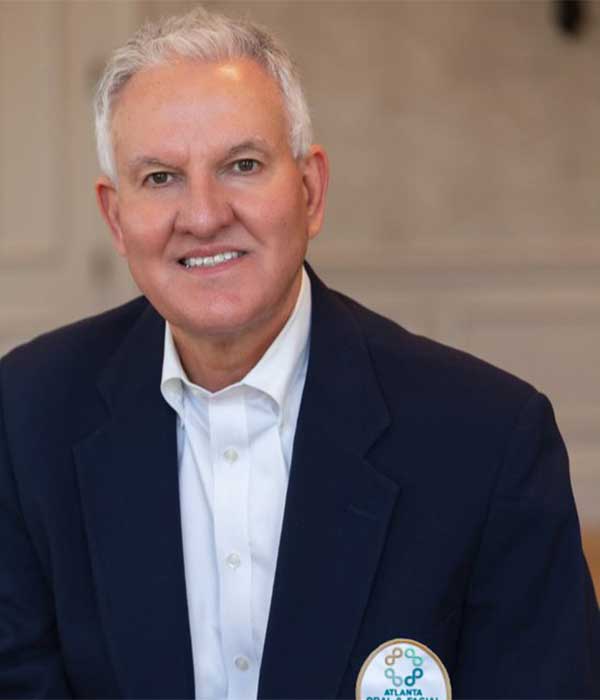5 Signs That You May Need Your Wisdom Teeth Removed
Wisdom teeth, also known as third molars, usually emerge from your gums in your late teens or early twenties. For many, these teeth cause more harm than good, leading to various dental problems. While some people’s wisdom teeth grow in perfectly without causing any issues, many people experience discomfort, pain, or more severe complications that signal the need for extraction. Identifying the early signs can help you avoid prolonged discomfort and protect your overall oral health. In this article, we’ll explore the five key signs that it may be time for wisdom teeth removal.
1. Persistent Wisdom Teeth Pain
One of the most noticeable indicators that you may need your wisdom teeth removed is consistent pain or discomfort in the back of your mouth. This pain often occurs as wisdom teeth begin to push through the gums, which can lead to pressure on the surrounding teeth, nerves, and jaw. Sometimes, the pain may be dull and fade in and out when it starts, but it can intensify if the teeth are impacted and unable to fully emerge through the gums.
 If you’re experiencing persistent wisdom teeth pain, it’s a strong indication that the teeth might be growing in improperly or are causing overcrowding in your mouth. It’s important to contact a dentist or oral surgeon for a consultation if you notice this symptom. If they’re not treated quickly, the pain can get worse, and the teeth may cause further complications, such as infections or even damage to neighboring teeth.
If you’re experiencing persistent wisdom teeth pain, it’s a strong indication that the teeth might be growing in improperly or are causing overcrowding in your mouth. It’s important to contact a dentist or oral surgeon for a consultation if you notice this symptom. If they’re not treated quickly, the pain can get worse, and the teeth may cause further complications, such as infections or even damage to neighboring teeth.
2. Swelling and Tenderness in the Gums
Another common sign that removing wisdom teeth may be necessary is gum irritation or swelling around the affected area. This inflammation can occur when wisdom teeth have not fully emerged, allowing bacteria to enter and cause infection. As the gums become infected, they often appear red, swollen, and tender to the touch.
If you notice that your gums are becoming increasingly swollen or painful, this could be a sign that your wisdom teeth are not growing in correctly. In severe cases, you might develop a condition called pericoronitis, an infection of the soft tissue surrounding the partially erupted tooth. Gum inflammation may spread, causing difficulty in opening your mouth or chewing. Wisdom teeth extraction is often recommended in these cases to prevent the infection from worsening.
3. Frequent Headaches or Jaw Stiffness
Many people are surprised to learn that headaches and jaw stiffness can also be wisdom teeth symptoms. The positioning of wisdom teeth in the far back of the mouth means that when they cause pressure or irritation, it can affect the jaw and surrounding muscles. This can lead to tension headaches, which may become chronic if the wisdom teeth continue to cause problems.
In addition to headaches, some individuals may experience stiffness or soreness in the jaw, especially after waking up in the morning. This discomfort can result from clenching or grinding your teeth as a subconscious response to the wisdom teeth pain. If you’re regularly waking up with headaches or jaw stiffness, it may be time to consult with a dentist about the possibility of removing wisdom teeth.
4. Difficulty Eating or Swallowing
When wisdom teeth grow in at an irregular angle or are impacted, they can make everyday activities like chewing or swallowing more difficult. This is especially true if the wisdom teeth are crowding other teeth or pushing against the jaw. In some cases, individuals may notice that food frequently gets trapped in the back of their mouth, around the partially emerged teeth, which can increase the risk of bacterial growth and even an infection.
If you’re having trouble eating due to pain or feel like your mouth is becoming increasingly crowded, this could be a sign that your wisdom teeth are misaligned or impacted. Wisdom teeth extraction can help restore comfort and prevent more serious complications like tooth decay or infections from occurring.
5. Recurring Infections or Bad Breath
Frequent infections in the gums, particularly around your wisdom teeth, can indicate that they need to be removed. When wisdom teeth don’t fully emerge, they create pockets within the gums where bacteria can grow and accumulate, leading to recurrent infections. These infections often cause unpleasant symptoms like swollen lymph nodes, bad breath, and a foul taste in the mouth.
Bad breath, known as halitosis, can be an indication that there is an underlying oral health issue, and wisdom teeth are a common culprit. If you’re dealing with recurring infections or chronic bad breath that doesn’t improve with regular brushing and flossing, it’s possible that your wisdom teeth are contributing to the problem. Consulting with a dentist to assess whether wisdom teeth removal is necessary can help alleviate these recurring issues and improve your oral hygiene.
Wisdom Teeth Removal Recovery
If your dentist decides that your wisdom teeth need to be extracted, it’s natural to have concerns about the recovery process. Fortunately, wisdom teeth removal recovery is typically straightforward, though the experience can vary depending on the complexity of the extraction.
After removing wisdom teeth, it’s important to follow your dentist’s post-operative care instructions closely to avoid complications like dry sockets, where the blood clot protecting the healing site dislodges. Recovery typically requires a few days of rest, using cold compresses to reduce the swelling, and taking prescribed pain medications as needed.
Most people find that their discomfort significantly decreases after the first few days, and complete healing can take a few weeks. During this time, it’s essential to avoid strenuous activities, smoking, or consuming hard foods that might irritate the extraction site. By adhering to your dentist’s advice, you can ensure a smoother wisdom teeth removal recovery.
Consult Atlanta Oral & Facial Surgery for Wisdom Teeth Removal Today
If you’re experiencing symptoms like pain, gum swelling, headaches, or difficulty eating, it may be time to consider wisdom teeth removal to prevent further complications. At Atlanta Oral & Facial Surgery, our team of skilled surgeons is dedicated to providing expert care and using the latest technology to make sure you have a safe and comfortable experience. With multiple locations across metro Atlanta, we are ready to help you address your oral health concerns and protect your smile for years to come. Contact us today to explore your options and receive personalized care.












































